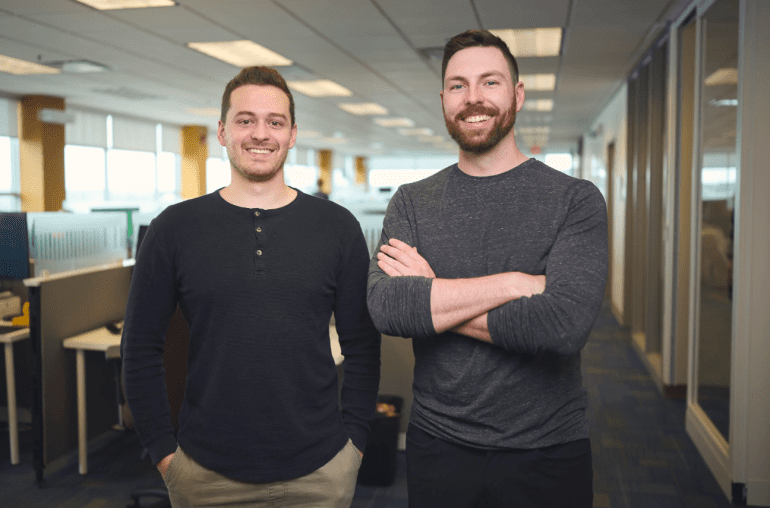- CoLab, founded by engineers Adam Keating and Jeremy Andrews, aims to revolutionize engineering collaboration.
- The platform addresses the shortcomings of traditional tools like spreadsheets and screenshots.
- CoLab’s suite of tools streamlines design reviews, feedback capture, and issue documentation.
- Future plans include leveraging AI for enhanced decision-making and automation.
- Financially, CoLab is thriving, with revenue doubling in the past six months.
- The recent $21 million Series B funding, led by Insight Partners, underscores investor confidence.
- CoLab intends to expand its workforce and scale operations, with a focus on AI integration and market expansion.
Main AI News:
In the ever-evolving landscape of engineering collaboration, CoLab stands out as a beacon of streamlined efficiency. Founded by engineers Adam Keating and Jeremy Andrews, who were weary of archaic methods like spreadsheets and screenshots, the startup has swiftly garnered attention and investment for its transformative approach.
Keating and Andrews, alumni of Memorial University of Newfoundland, recognized the inadequacies of traditional tools during their internships at Tesla and Reflexion Medical. Their frustration with clunky workflows inspired them to create CoLab, a platform designed to revolutionize mechanical engineering collaboration.
Speaking to TechCrunch, Keating highlighted the pivotal challenges they faced: “Piecing together critical design reviews via email screenshots led to prolonged review cycles and administrative burdens.” This firsthand experience fueled their entrepreneurial spirit, driving them to develop a solution tailored to engineers’ needs.
CoLab’s suite of tools facilitates seamless collaboration, allowing multiple stakeholders to review designs, provide feedback, and document issues within a unified dashboard. Keating emphasized the platform’s integration capabilities with enterprise systems, enabling engineers to make data-driven decisions effortlessly.
While artificial intelligence currently plays a limited role, Keating revealed ambitious plans to leverage customer data for AI-driven insights and automation. By harnessing user-generated feedback, CoLab aims to enhance decision-making processes and alleviate mundane tasks.
Financially, CoLab is flourishing, with revenue doubling in the past six months. The company’s growth trajectory is poised to accelerate further with the introduction of paid add-ons and strategic investments in AI technology.
Recently, CoLab secured $21 million in Series B funding, spearheaded by Insight Partners and backed by industry stalwarts like Y Combinator and Pelorus VC. Keating outlined the funding’s dual purpose: scaling up existing operations and driving innovation in AI.
Looking ahead, CoLab plans to expand its workforce, bolstering its team from 86 to approximately 120 employees by year-end. With a steadfast commitment to enhancing engineering collaboration, CoLab is poised to disrupt the industry on a global scale, with expansion plans spanning Canada and the United States.
Conclusion:
CoLab’s substantial funding and rapid growth signify a burgeoning demand for innovative solutions in engineering collaboration. As the company expands its capabilities and reaches new markets, it sets a precedent for the industry, driving competition to embrace technological advancements and elevate collaboration standards.

